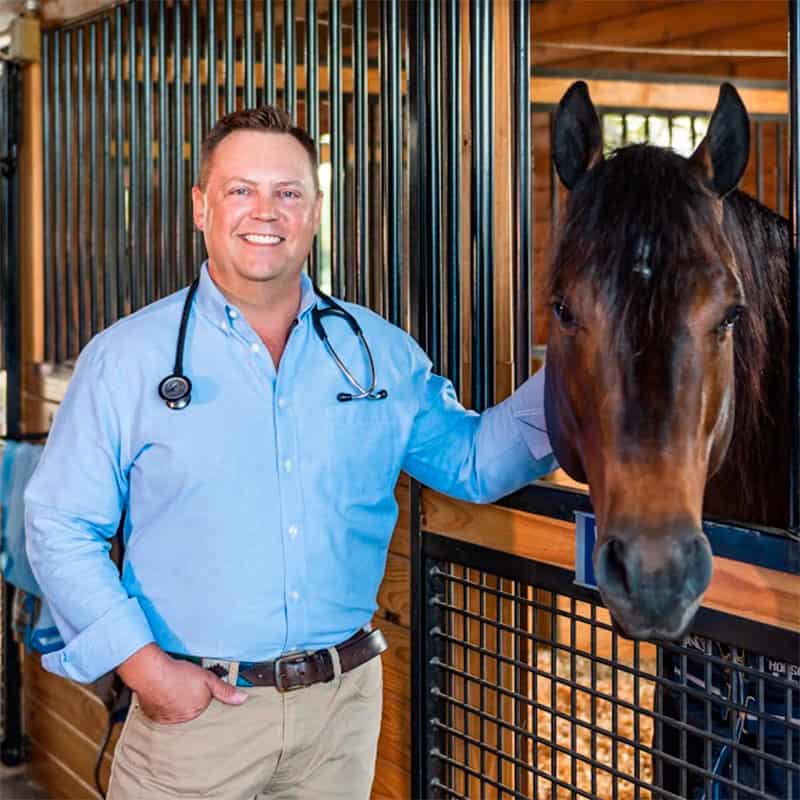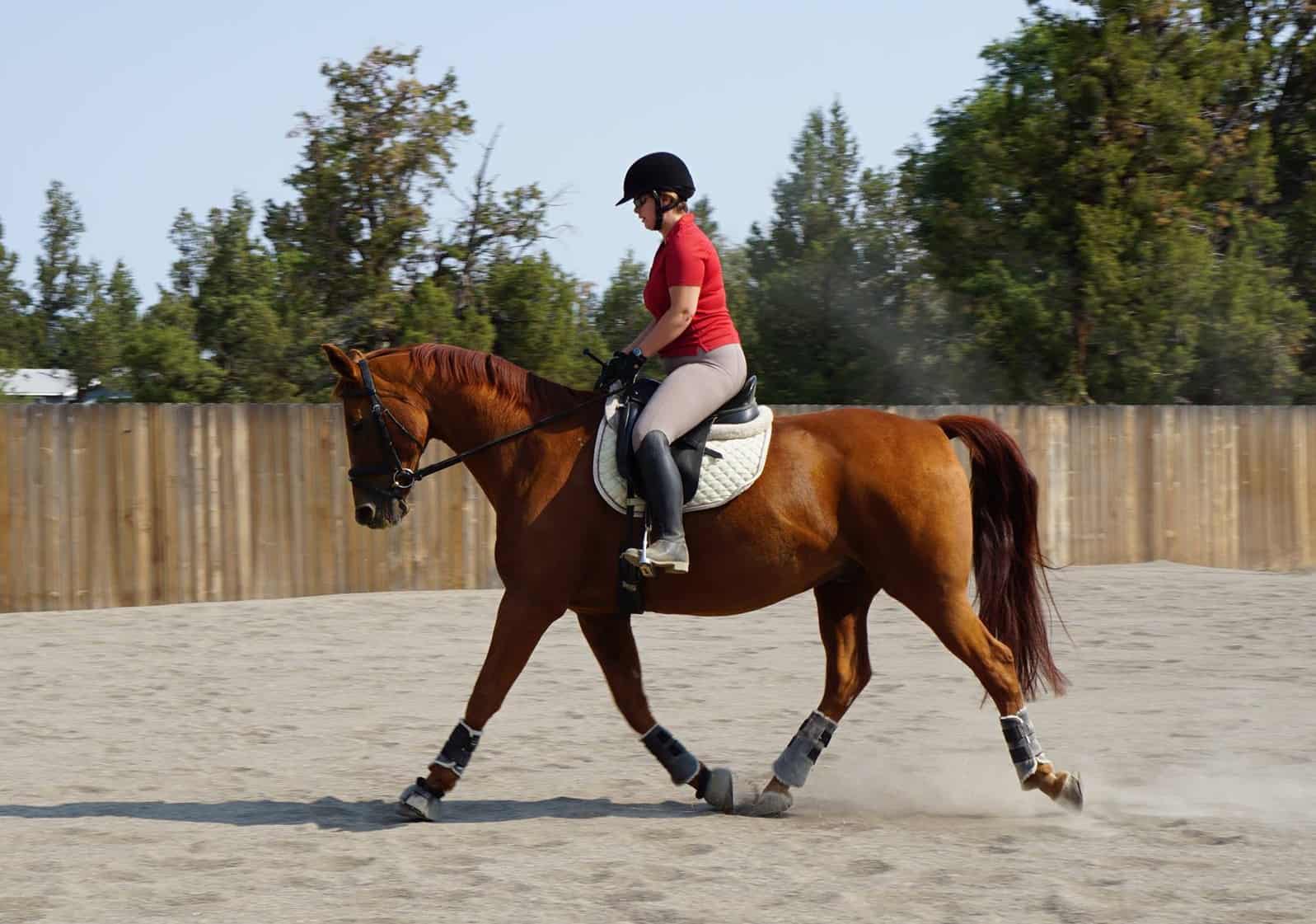Laminitis: Prevention, Detection, and Treatment

Laminitis is an extremely painful and often deadly hoof disease in horses with several causes. Get your questions about laminitis—from nutrition to podiatry—answered during this live recording of our podcast.
About the Experts:
Vern Dryden
 Vern Dryden, DVM, CJF, APF, owns Bur Oak Veterinary and Podiatry Services, in Lexington, Kentucky, where he focuses on individualized care for his patients. Dryden graduated from the Oklahoma State Horseshoeing School in 1998 and shod horses through undergraduate school at the University of Arizona. He also worked as a farrier at the Washington State University Veterinary Teaching Hospital while studying for his veterinary degree. His research interests include laminitis and regenerative medicine. He frequently lectures on podiatry care both nationally and internationally.‚Äã
Vern Dryden, DVM, CJF, APF, owns Bur Oak Veterinary and Podiatry Services, in Lexington, Kentucky, where he focuses on individualized care for his patients. Dryden graduated from the Oklahoma State Horseshoeing School in 1998 and shod horses through undergraduate school at the University of Arizona. He also worked as a farrier at the Washington State University Veterinary Teaching Hospital while studying for his veterinary degree. His research interests include laminitis and regenerative medicine. He frequently lectures on podiatry care both nationally and internationally.‚Äã
Nicholas Frank
 Nicholas Frank, DVM, PhD, Dipl. ACVIM, is a professor of large animal internal medicine and associate dean for academic affairs at the Cummings School of Veterinary Medicine at Tufts University, in North Grafton, Massachusetts. Frank grew up in the United Kingdom and then trained in the United States. He received his BSc Honors degree in biology from the University of North Carolina in 1989 and his veterinary degree from Purdue University in 1993. After working for two years in private equine practice in Illinois, he returned to Purdue University in 1995 to complete his residency training and PhD degree. Frank’s research interests include laminitis, metabolic disorders, PPID/equine Cushing’s, and many other internal-medicine related areas.
Nicholas Frank, DVM, PhD, Dipl. ACVIM, is a professor of large animal internal medicine and associate dean for academic affairs at the Cummings School of Veterinary Medicine at Tufts University, in North Grafton, Massachusetts. Frank grew up in the United Kingdom and then trained in the United States. He received his BSc Honors degree in biology from the University of North Carolina in 1989 and his veterinary degree from Purdue University in 1993. After working for two years in private equine practice in Illinois, he returned to Purdue University in 1995 to complete his residency training and PhD degree. Frank’s research interests include laminitis, metabolic disorders, PPID/equine Cushing’s, and many other internal-medicine related areas.

Written by:
Michelle Anderson
Related Articles
Stay on top of the most recent Horse Health news with















